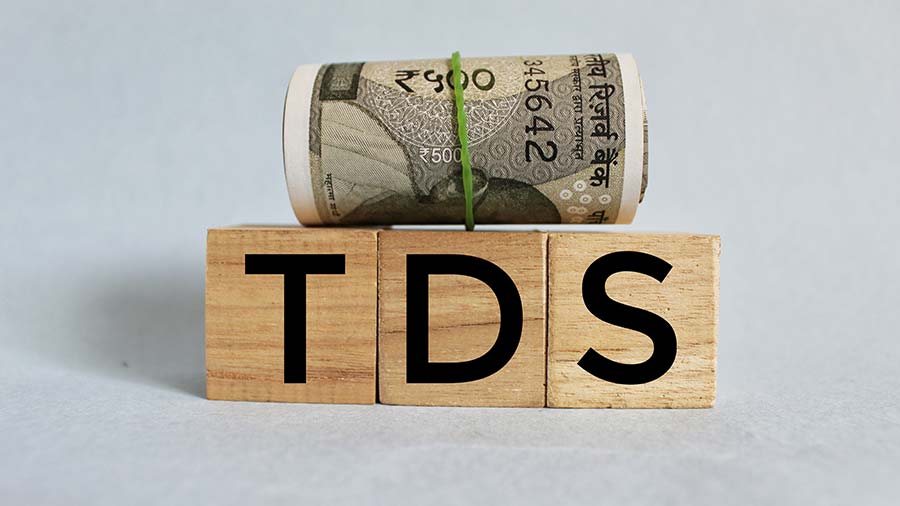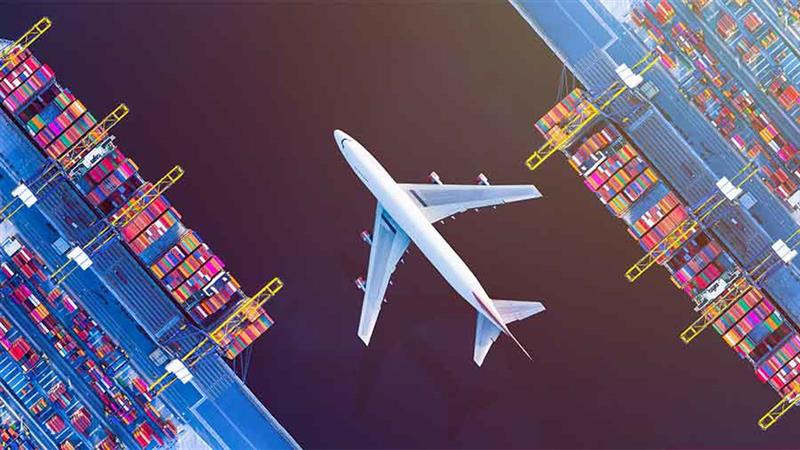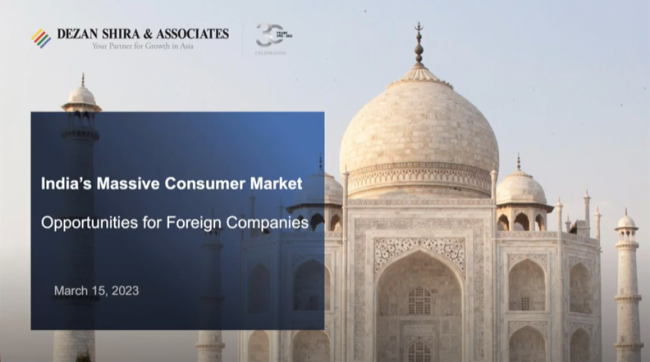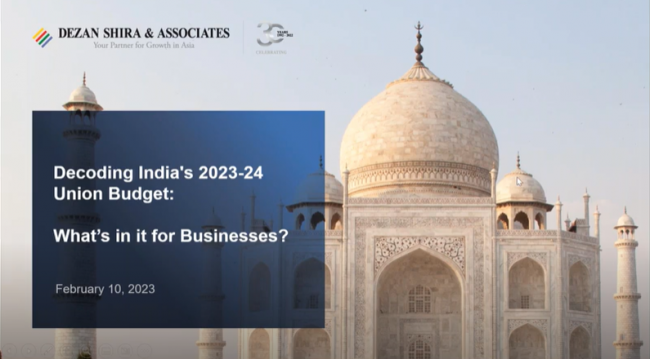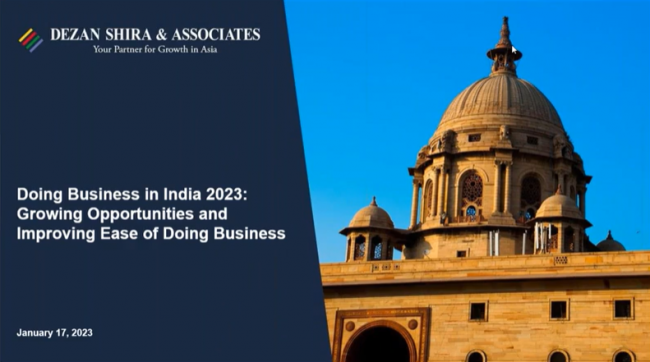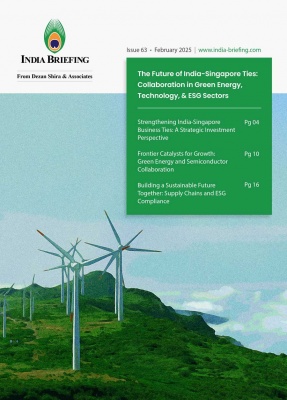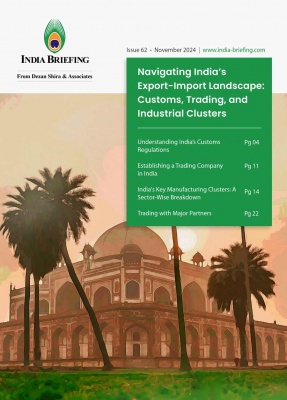India Getting Serious on Road Infrastructure
By Vikas Srivastava
Jun. 17 -The government of India is now getting serious on the development of the infrastructure sector particularly on the national highways and state highways.
The government recently increased toll taxes paid on highways, bridges, tunnels and bypass roads including two- lane highways. Local commuters are now devoid of availing the monthly pass benefit earlier available to them.
This major step was taken by the government to speed up the return on infrastructure investment for developers. The new toll policy has increased the base toll rates for each kilometer for car, jeep, van or light motor vehicle on national highways of four or more lanes to 65 paise. Whereas, for light commercial vehicle, light goods vehicle or mini bus the base rate per kilometer is Rs1.05 paise and for oversize vehicle base rate is fixed at Rs 4.20.
Implementing the new toll policy is two-fold, first to generate the revenues and profits for paying the developers who invested in this sector and second to improvise on the conditions of national and state highways. Since national highways constitute only about 2 percent of the road network but carry about 40 percent of the total traffic in India, about 65 percent of the freight and 80 percent passenger traffic passes via roads.
Major highway projects like the golden quadrilateral, which is 500 km long, aims to connect Delhi, Calcutta, Mumbai, Chennai via national highways for which 77 routes have been identified, and also connects major cities and ports. The existing national highways are to be upgraded from 2 lanes to 4 lanes and even at certain places to 6 lanes, depending upon the density of the traffic for a better and faster connectivity between these large metropolitan cities of India. Since June 30, 2006, an estimated 92.5 percent of the golden quadrilateral has been completed
The government is also focusing on another major project called the North – South and East-West Corridor, expected to be completed within 10 years. The project will be 7,300 km long connecting Kashmir to Kanyakumari and Silchar to Porbandhar. The plan aims to connect the northern most tip, Jammu to the extreme South, Kanyakumari. Two 8 lanes; 7000 km expressways are to be built for the purpose.
The North-South Expressway goes from Jammu to Kanyakumari through Delhi, Bhopal, Hyderabad, Bangalore and Coimbatore and the East-West Expressway runs from Silchar to Somnath through Kolkata.
On the other hand, the National Highway Authority of India under its national highway development program has undertaken a major and challenging project to connect the 10 major ports of India– Haldia, Paradip, Vishakhaptnam, Chennai, Tuticorin, Kochi, Mangalore, Murmugao, Jawaharlal Nehru and Kandla to ease the transportation system from road to ports and vice-versa.
Vikas Srivastava is a legal associate of foreign direct investment at the Mumbai, India office of Dezan Shira & Associates. For more inquiries, email mumbai@dezshira.com.
- Previous Article Service Tax Relief for Exporters Proposed
- Next Article India to Develop Investment Regions for Petroleum and Chemical Industries

